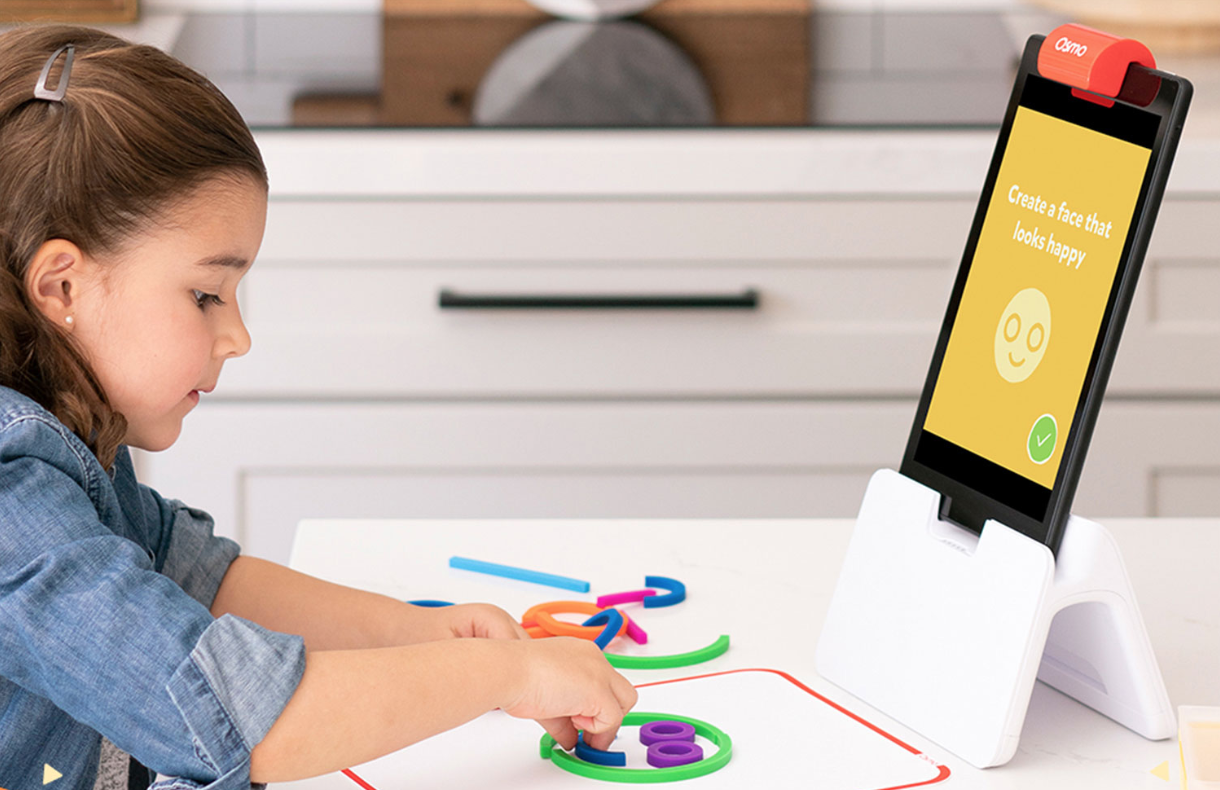
Preschool is an exciting time for both children and parents. This period is crucial for a child’s development, offering more than just a stepping stone for kindergarten. With preschool activities that cover various facets of learning—from cognitive skills to social interaction—you can prepare your children to embark on a lifelong journey of education and growth.
The role of preschool activities in early education
Activities for preschoolers serve as the building blocks for many essential skills. Through different types of play and guided learning experiences, children acquire the fundamentals that they will carry into their later years. By engaging in a mixture of art, science, and math activities for preschoolers, kids get a well-rounded educational experience.
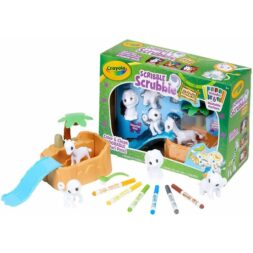
Nurturing creativity through art activities for preschoolers
Art plays a crucial role in developing a child’s creativity and motor skills. Whether it’s drawing, painting, or simple craft work, preschool art activities encourage children to express themselves in different mediums. Children learn colours, shapes, and textures while enhancing their fine motor skills. They also gain emotional intelligence by expressing themselves and interpreting the emotions behind various works of art.
Sparking curiosity with science activities for preschoolers
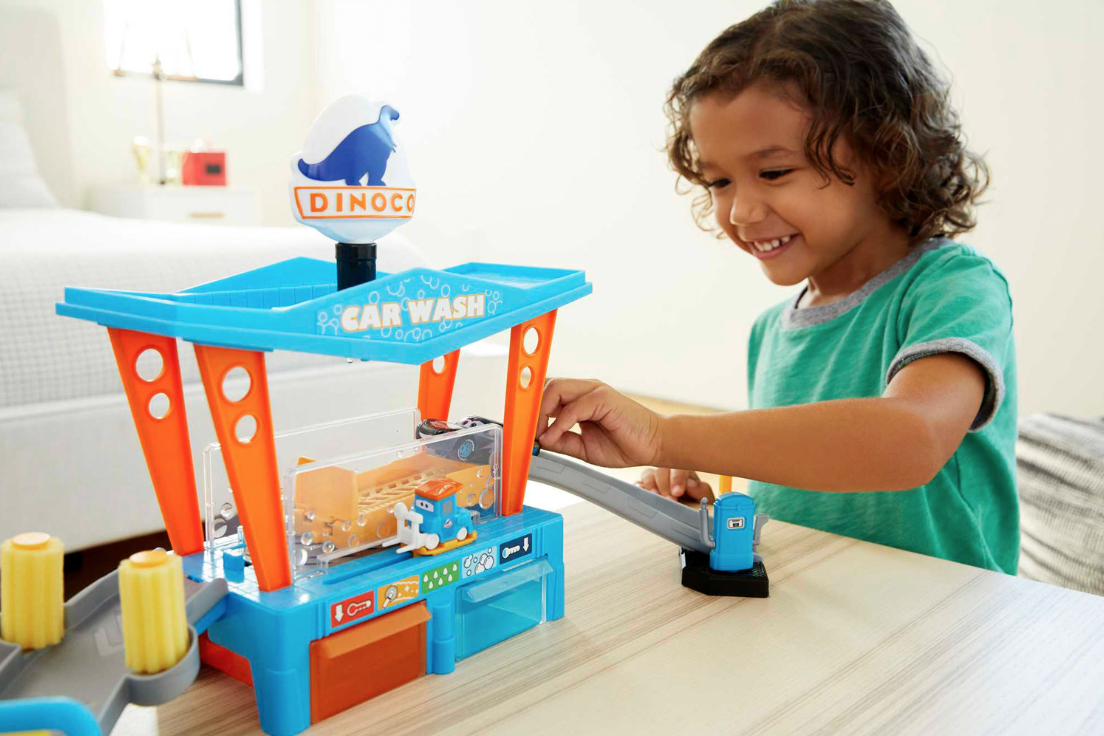
Science activities offer a fantastic opportunity to introduce children to the world of inquiry and discovery. Through experiments and observation, kids learn basic concepts like gravity, temperature, and cause-and-effect relationships. Science activities for preschoolers often include simple experiments like mixing colours or observing plant growth, sparking curiosity and laying the groundwork for a lifelong interest in learning.
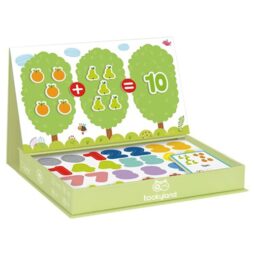
Developing numeracy skills with math activities for preschoolers
Math skills are integral to everyday life, and preschool is an excellent time to introduce these concepts. Math activities for preschoolers can be as simple as counting, sorting shapes, or basic addition and subtraction. These exercises help children recognize patterns and sequences, boosting their logical reasoning and problem-solving abilities. Math activities also foster teamwork and communication when children work together to solve puzzles or engage in games that require counting and calculations.
The importance of preschool songs
Never underestimate the power of a catchy tune. Preschool songs offer more than just entertainment; they are a compelling educational tool. Through songs, children learn new vocabulary, gain a better understanding of rhythm and patterns, and enhance their auditory skills. Songs also serve as mnemonic devices, helping children remember essential information like the alphabet, numbers, and days of the week.
Building social and emotional skills
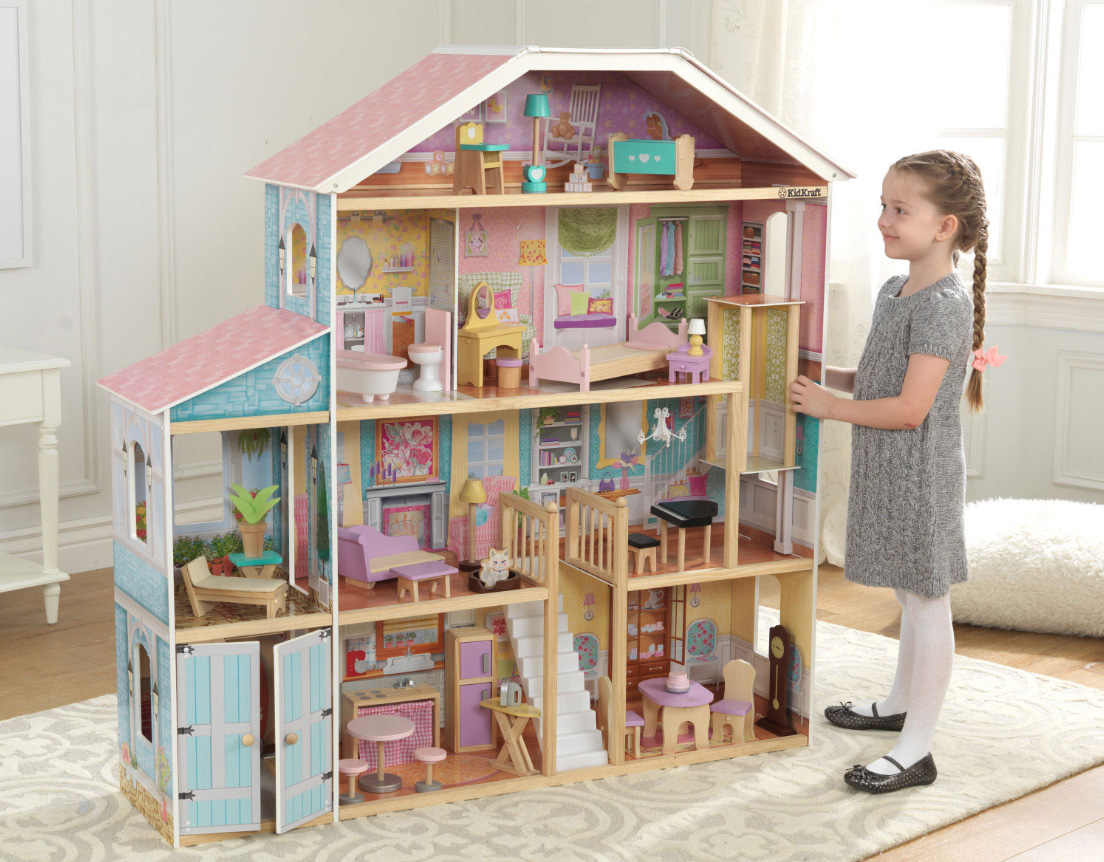
Beyond academics, preschool activities also play a significant role in developing social and emotional skills. Activities for preschoolers often require teamwork, sharing, and communication. Whether through group art projects or pretend play, children learn how to collaborate, express themselves, and resolve conflicts. They gain a better understanding of their emotions and learn how to navigate relationships, laying the foundation for future interpersonal interactions.
Balancing structured and unstructured activities
Preschool is not all about structured lessons and guided activities. There’s also a lot of value in unstructured playtime, where children can explore, imagine, and create without specific guidelines. This free time is equally important for development, as it allows kids to learn independence, make choices, and think critically about the world around them.
In summary, preschool offers a wealth of opportunities for children to grow and learn. Through a blend of art, science, and math activities for preschoolers, along with preschool songs and social interactions, kids gain invaluable skills that prepare them for a lifetime of learning and development.
This article was drafted using AI technology and then reviewed, fact-checked, and revised by a member of our editorial team.




